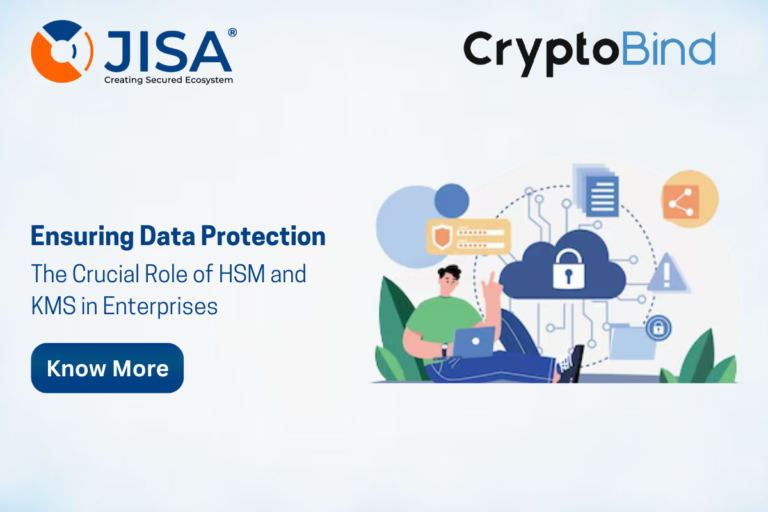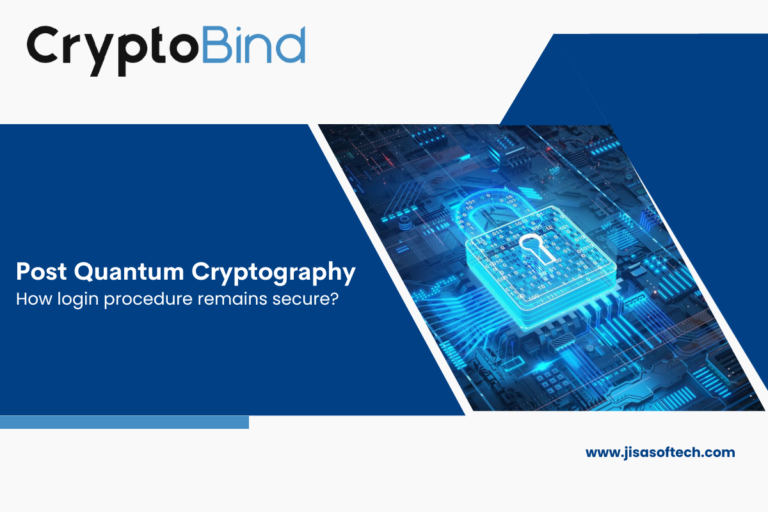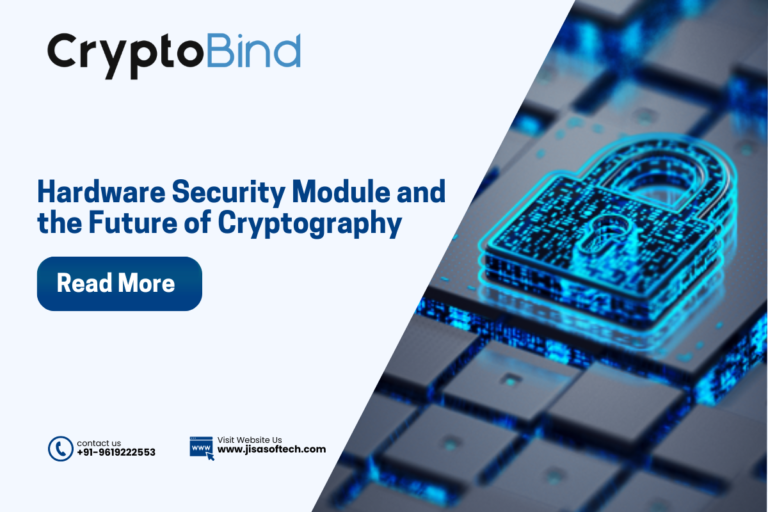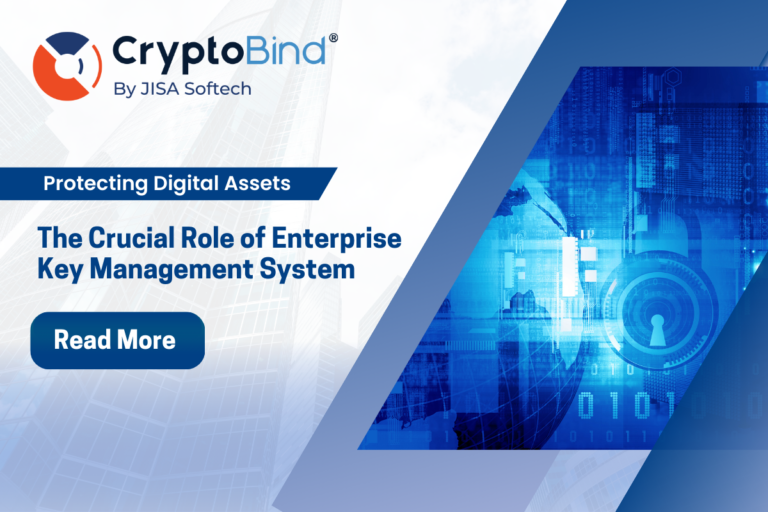8 Best Practices for Cryptographic Key Management
The amount of security given by a cryptographic system is mostly determined by the cryptographic algorithms implemented and the keys used to encrypt data. However, the former is less of an issue because practically every other organization protects data with safe methods such as AES and RSA, which don’t require much upkeep. Cryptographic keys, on the other hand, must be generated, stored, distributed, utilized, and retired in a secure manner.
The encrypted data in the organization is only as secure as the key security because the keys can provide access to unencrypted data. This means that every company must develop an encryption key management strategy to maintain data security and compliance with various data protection regulations. We’ll look at some best practices for supporting your encryption key management approach in this post.
What is Encryption Key Management?
Encryption key management is the administration of activities related to the protection, storage, backup, and organization of encryption keys.
The usage of encryption in the enterprise has increased dramatically as a result of high-profile data breaches and regulatory compliance requirements. A single organization may employ a slew of disparate and potentially incompatible encryption techniques, resulting in thousands of encryption keys. Each key must be kept, safeguarded, and retrievable in a secure manner.
Enterprise Key Management Best Practices
Key management strategies ensure that an organization selects and effectively uses an appropriate key management platform.
1. Centralize Encryption Key Management Systems:
Many businesses now use hundreds or even thousands of encryption keys. Because you require instant access to these keys on numerous occasions, secure storage of these keys becomes difficult. This is where centralized encryption key storage comes into play.
The centralized approach is undoubtedly advantageous in terms of security, but it also increases performance because encryption-decryption processes occur locally where the data is kept. At the same time, the key manager, who is not present at the data site, generates, secures stores, rotates, exports, and retires keys.
2. Support for Multiple Encryption Standards:
Every organization that encrypts and/or stores data must use a certain encryption standard for the encryption and decryption operations. However, this does not rule out the possibility of other standards being useful. You may need to collaborate with firms that demand support for multiple cryptographic standards, such as AES, RSA, and others, in the case of mergers, acquisitions, or partnerships. As a result, the security solution you choose must be able to support several encryption standards.
3. Implement Comprehensive Logging and Auditing:
Maintaining an audit trail is an important component of key management since it allows you to keep track of everything that happens in the system. All critical activities, including generation, usage, and deletion, should be included. Specifics such as the data accessed,
the user, the resources consumed, and the time the action occurred should be included in the logs. In addition, the key manager should keep track of all administrative activities. Keeping such logs is necessary for evaluating and auditing when something goes wrong.
4. Backup your encryption keys on a regular basis:
If you lose an encryption key, you’re unlikely to be able to recover anything that was encrypted with it. As a result, having strong key backup capabilities in place is critical. You must ensure that the data is encrypted using the most advanced encryption techniques while backing it up. You must also guarantee that expired keys are deleted on a regular basis.
5. Third-Party Device Integration:
External devices will be used by every organization, whether large or small. These devices are spread throughout the network and use proprietary tools to accomplish certain tasks. They typically lack database-oriented applications and, as a result, do not communicate with databases. Therefore, the encryption mechanism you use must be compatible with these third-party programs or applications in order to take advantage of their functionality.
6. Key Rotation: No Decryption/Re-Encryption:
The expiration/change of encryption keys is a major issue that arises in businesses that deal with large databases. To address this problem, we recommend that each encrypted data field or file be assigned a key profile. In this approach, the encryption resources that must be used to decrypt the database can be identified using this key profile. As a result, decrypting and then re-encrypting data when keys change or expire is not required.
7. Secure storage of keys:
Given the high value of encryption keys, they are an appealing target for cyber thieves, particularly when numerous keys are held in the same location. It is best practise to store keys in a hardware security module (HSM), which provides very strong physical and logical security protection and is often validated to the FIPS 140-2 security requirements for cryptographic modules.
8. Follow best practices:
To guarantee that the best practices are followed, all major management operations must be carried out in accordance with tight and well-defined processes. Staff should be thoroughly trained in necessary procedures, and audits should be undertaken on a regular basis to guarantee proper compliance. Processes should be in place to deal with the consequences of a suspected or known compromised key.
We simplify your key management:
We make it simple to manage your encryption keys. We offer HSMs to assist you in developing a unified strategy for key management and keeping your keys properly maintained and safe. Get in touch with us to explore your key management solutions!
Check out Aadhaar Data Vault Solutions
About Us:
JISA Softech is a cryptography-focused information technology company based in India. We offer cryptographic solutions to financial institutions, manufacturers, enterprises and government agencies. Our primary product lines include industry-compliant Hardware Security Modules, Key Management Solutions, Tokenization, Encryption, Aadhaar Data Vault, and Authentication solutions. All our Cryptographic solutions are sold under the brand name CryptoBind. Our innovative solutions have been adopted by businesses across the country to handle mission-critical data security and data protection needs.
To know more about our solution contact us:
Website: www.jisasoftech.com
Email: sales@jisasoftech.com
Phone: +91-9619222553







